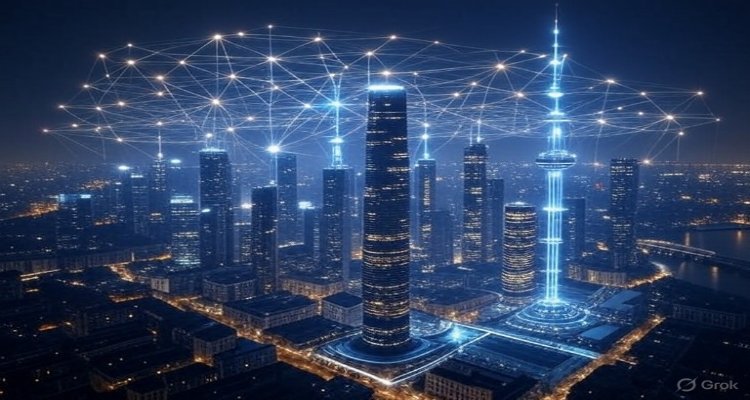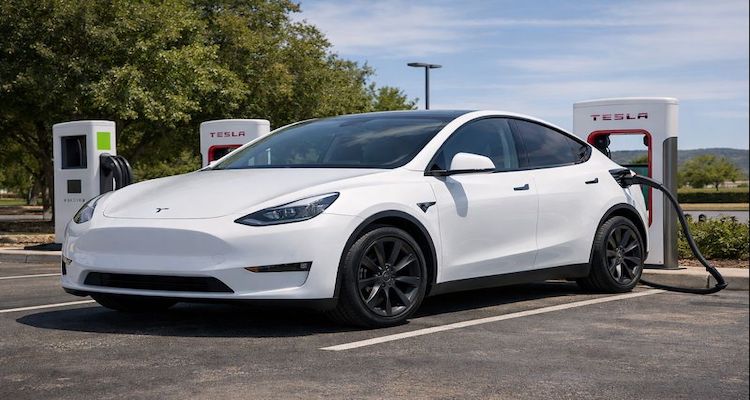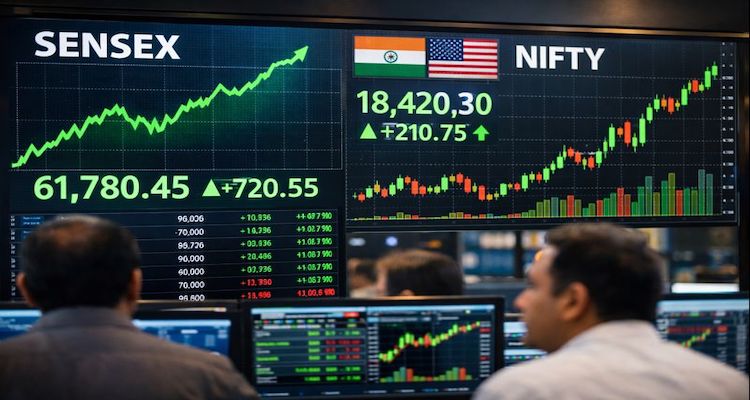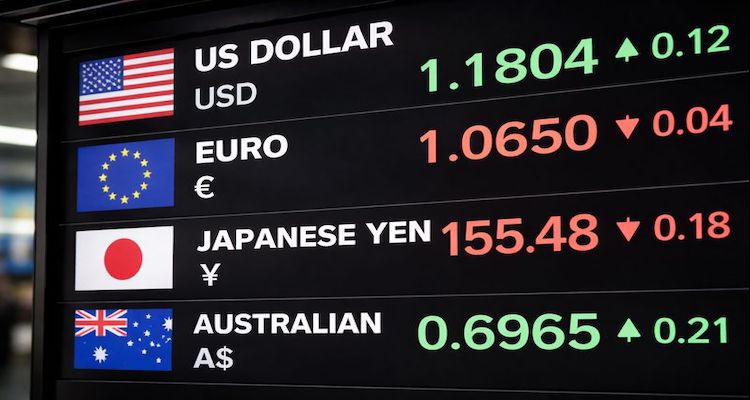AI in 2030: Predictions Experts Are Afraid to Share

As AI reshapes industries, experts quietly worry about its darker side. Here’s what 2030 could really look like—and why some predictions remain unspoken.
Introduction: The Future Nobody Wants to Admit
Artificial intelligence is no longer the future—it’s the present. From ChatGPT-style assistants in classrooms to AI-driven medical diagnostics, algorithms already influence how we learn, work, and make decisions. But what happens by 2030, when these systems are not just helpers, but powerful decision-makers shaping economies, security, and even democracy itself?
Many predictions about AI are optimistic, envisioning breakthroughs in healthcare, climate modeling, and education. Yet behind closed doors, some experts share a quieter, more sobering vision—one they hesitate to discuss openly.
Context & Background: The AI Trajectory So Far
The 2020s marked a tipping point. Generative AI tools moved from research labs into homes and businesses, fueling productivity gains and sparking global debates about ethics, bias, and regulation. Governments scrambled to draft AI laws, tech giants raced for dominance, and societies began grappling with the implications of machines that “think” faster than humans.
By 2030, AI is projected to surpass human abilities in tasks ranging from translation and medical analysis to software coding and logistics. But along with promise comes peril.
Main Developments: What Experts Whisper About
While public conversations often highlight AI’s benefits, the more uncomfortable predictions remain in the shadows:
Massive Job Displacement Beyond White-Collar Work
By 2030, AI could automate not only routine office roles but also creative industries and skilled trades. From journalism to law to design, jobs once thought “AI-proof” may no longer exist in their current form.
AI-Driven Inequality
Experts warn that AI’s benefits may be concentrated in wealthy nations and corporations, leaving developing economies further behind. The digital divide could harden into a structural inequality.
Weaponized AI and Autonomous Conflict
By the end of the decade, autonomous military systems may make decisions faster than humans can intervene. The risk of unintended escalation—or AI-driven warfare—remains a taboo topic.
Erosion of Trust and Truth
Deepfakes, synthetic media, and hyper-realistic AI simulations may blur reality to the point where distinguishing fact from fiction becomes nearly impossible. By 2030, the very concept of “evidence” could be destabilized.
Expert Insight: Why These Fears Stay Hidden
“Public optimism drives investment, but the private conversations are much darker,” says Dr. Lena Carter, a futurist and policy advisor. “No one wants to be the face of doom-saying, especially when funding and regulation are on the line.”
A recent survey by the Future of Humanity Institute revealed that while 80% of researchers believe AI will have positive long-term benefits, nearly half admitted fears of “serious unintended consequences” by 2030.
Public reaction, however, remains mixed. Some see AI as liberation from drudgery, while others fear a world where human identity itself is challenged.
Impact & Implications: Who’s Affected?
- Workers: From accountants to animators, millions may need to reinvent careers or reskill in fields untouched by automation.
- Governments: Policymakers face pressure to regulate AI without stifling innovation—an almost impossible balance.
- Society at Large: If AI rewrites the rules of trust, democracy, and security, every citizen will feel its weight.
Perhaps the most profound implication is psychological. A society where humans are no longer the most intelligent actors may struggle with purpose, dignity, and cohesion.
Conclusion: Facing 2030 With Eyes Open
The future of AI in 2030 is not just about faster machines or smarter systems. It’s about how humanity chooses to wield—or surrender—control. Experts may hesitate to share their deepest fears, but acknowledging them is the first step toward shaping a future where AI works for people, not against them.
The next five years will determine whether we walk into 2030 empowered or unprepared. The conversation can no longer remain behind closed doors.
Disclaimer : This article explores speculative predictions about artificial intelligence in 2030. Scenarios described reflect expert concerns and should not be read as certainties.










